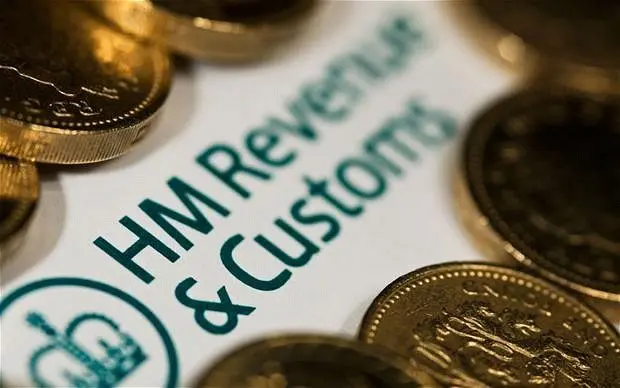Pinsent Masons says that HM Revenue & Customs figures show that in 2011-12 the taxman handled 30,000 appeals from businesses about VAT penalties and cancelled 18,317 penalties after reviewing the evidence.
Jason Collins, head of tax at the firm, said: “HMRC is operating under a lot of pressure to increase its revenue and this pressure is particularly acute in VAT.”
HMRC has already come under fire from the National Audit Office over its VAT record. Management was criticised for allowing the build-up in unpaid VAT to account for £9.6bn out of an estimated total of £32bn in unpaid tax, reports The Telegraph.
Mr Collins said that losing 60pc of VAT penalty appeals appeared to show HMRC “may have become over- aggressive in hunting for cases of VAT evasion.” In making VAT penalty errors HMRC was also being too quick to say: “A taxpayer has been negligent when it gets things wrong.”
HMRC rejected the “aggressive” charge and pointed out that most of the penalty reviews involved late filing penalties, many of which are issued automatically.
The number of decisions cancelled on review was less than 4pc of the total number of surcharges issued, the tax authority said. HMRC feels its review set-up provides an effective outcome in the majority of cases with the result that disputes are being settled quickly “at minimal cost to the taxpayer.”
A spokesman said only a small proportion of the millions of decisions HMRC makes each year is challenged. Where we change a decisioon it is often because our customer has given us new information.”
VAT, currently “celebrating” its 40th anniversary, now accounts for £100bn of HMRC’s tax take every year but research by Sage, the software group, shows many businesses are still struggling to come to terms with its complexities.
A survey of 1,000 business owners showed a third of them acknowledged that a better understanding of VAT would improve their finances.
More than a third are failing to take advantage of significant savings available to them. More than half estimate they could legitimately claim for at least £500 a year.
The survey showed stationery, printer ink, telephone contracts, computer laptops and fuel headed the list of VAT offsets claimed by companies, along with travel and food.


